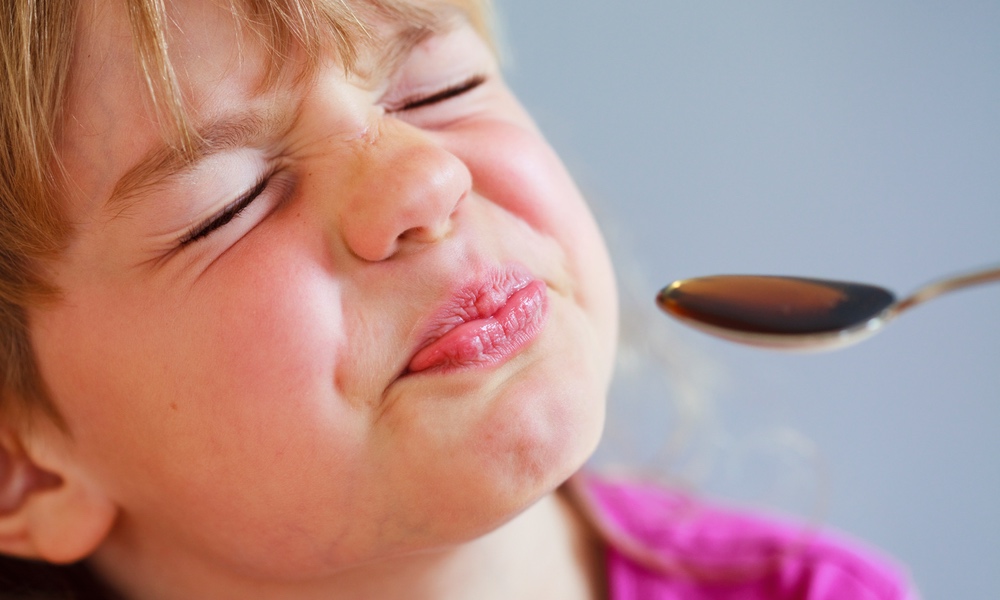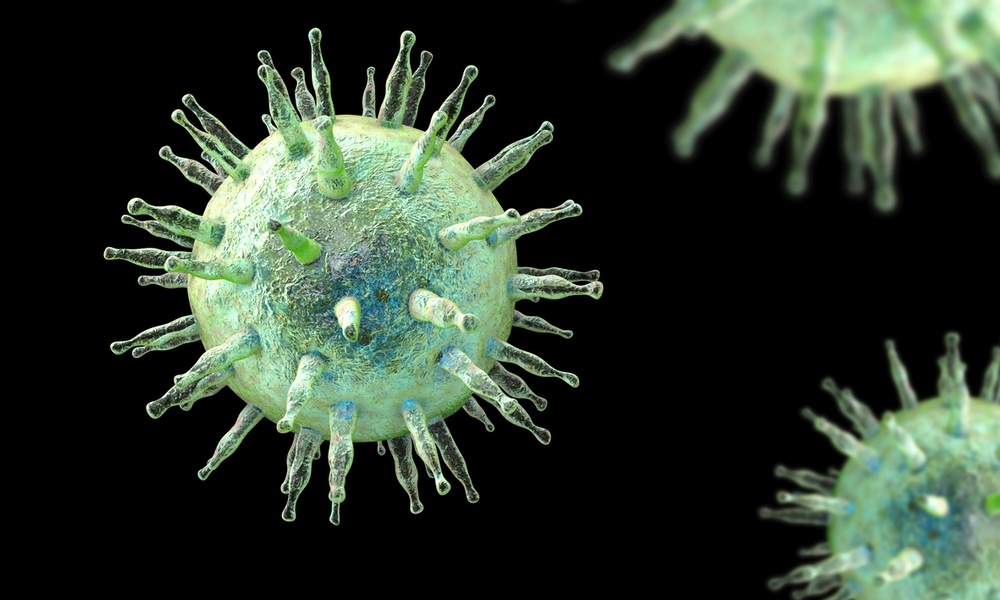Children get about three to six colds per year, some lasting as long as two weeks. This means that they miss school and other activities, and their parents have to miss work and other obligations to stay home with them. Parents who are up with a sick child are also likely to lose much-needed sleep.
That makes parents pretty motivated to prevent colds and ease their symptoms. The arsenal in the fight against colds usually includes over-the-counter (OTC) supplements or vitamins. Giving kids vitamin C, zinc or cold remedies may make parents feel better, but there is no evidence that the use of vitamins or supplements does any good when it comes to preventing colds.
The best way to prevent the spread of the viruses that cause colds, researchers remind us, is good personal hygiene.“Parents always want to do the right thing for their child. So they buy things that actually have no value, when they could probably spend the money on something else.”
Freed and his colleagues analyzed data from a C.S. Mott Children’s Hospital National Poll on Children’s Health. The research results were based on responses from 1,119 parents who had at least one child between the ages of five and 12 years old. Almost all parents — 99 percent — said they encouraged their children to use good personal hygiene.
“The good news is that most parents do follow evidence-based recommendations to avoid catching or spreading the common cold," said Freed, a professor of pediatrics and health management and policy the University of Michigan.
Freed recommends parents encourage practical hygiene practices like not sharing utensils or drinks with others, washing hands thoroughly or using hand sanitizers, as well as teaching kids to keep their hands away from their nose or mouth. Parents may need to repeatedly remind kids about this last precaution until it becomes second nature.
Even though parents were aware that good personal hygiene could prevent colds, the researchers still found that more than 50 percent of parents said they also gave their child an OTC supplement, such as vitamin C, zinc or Echinacea, to prevent colds. And 70 percent of parents turned to the sorts of “folklore-based” methods, such as not letting children go outside with wet hair or having them stay indoors altogether. Some parents even told their children to go outside so they wouldn’t catch a cold.
The C.S. Mott Children’s Hospital National Poll on Children’s Health reports on parental experiences and attitudes, and trends in U.S. children’s health. The report on preventing colds can be viewed here.





